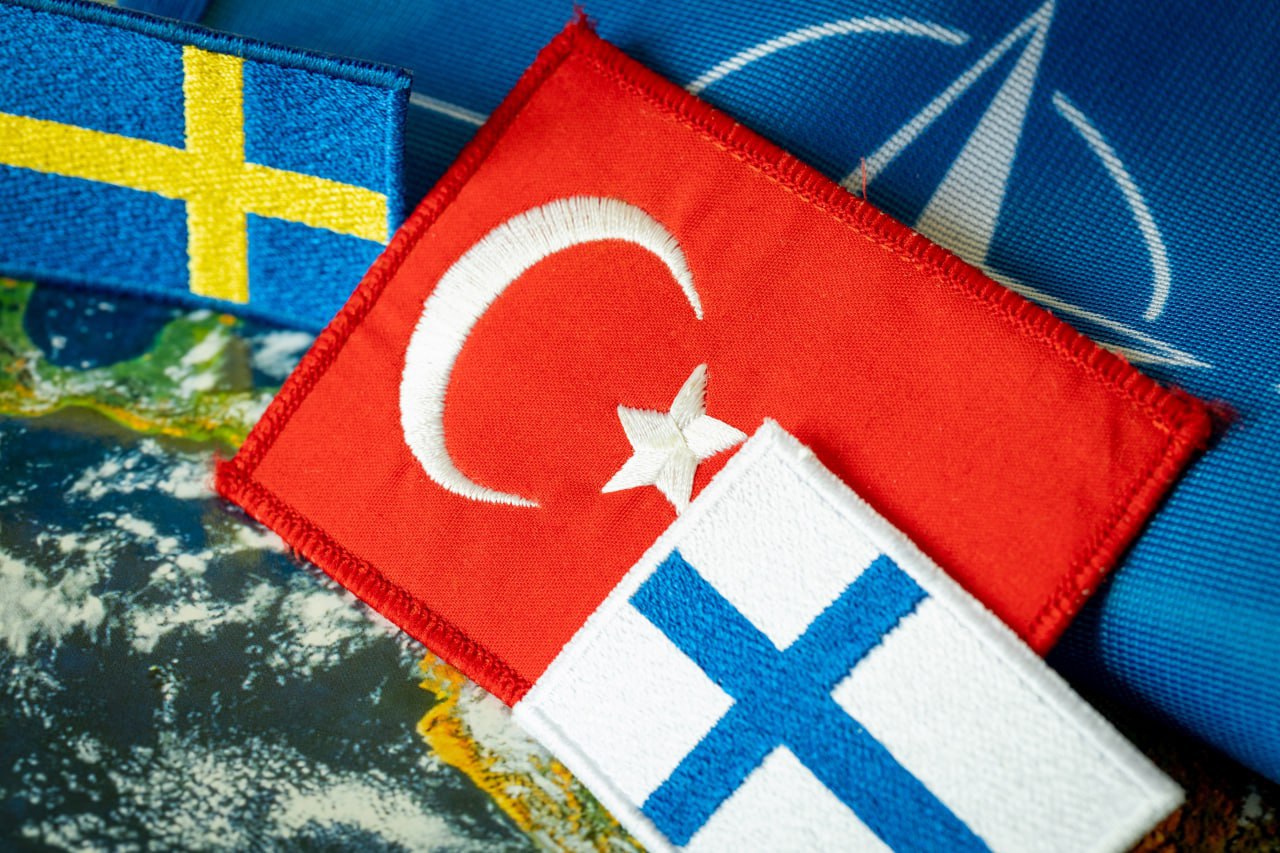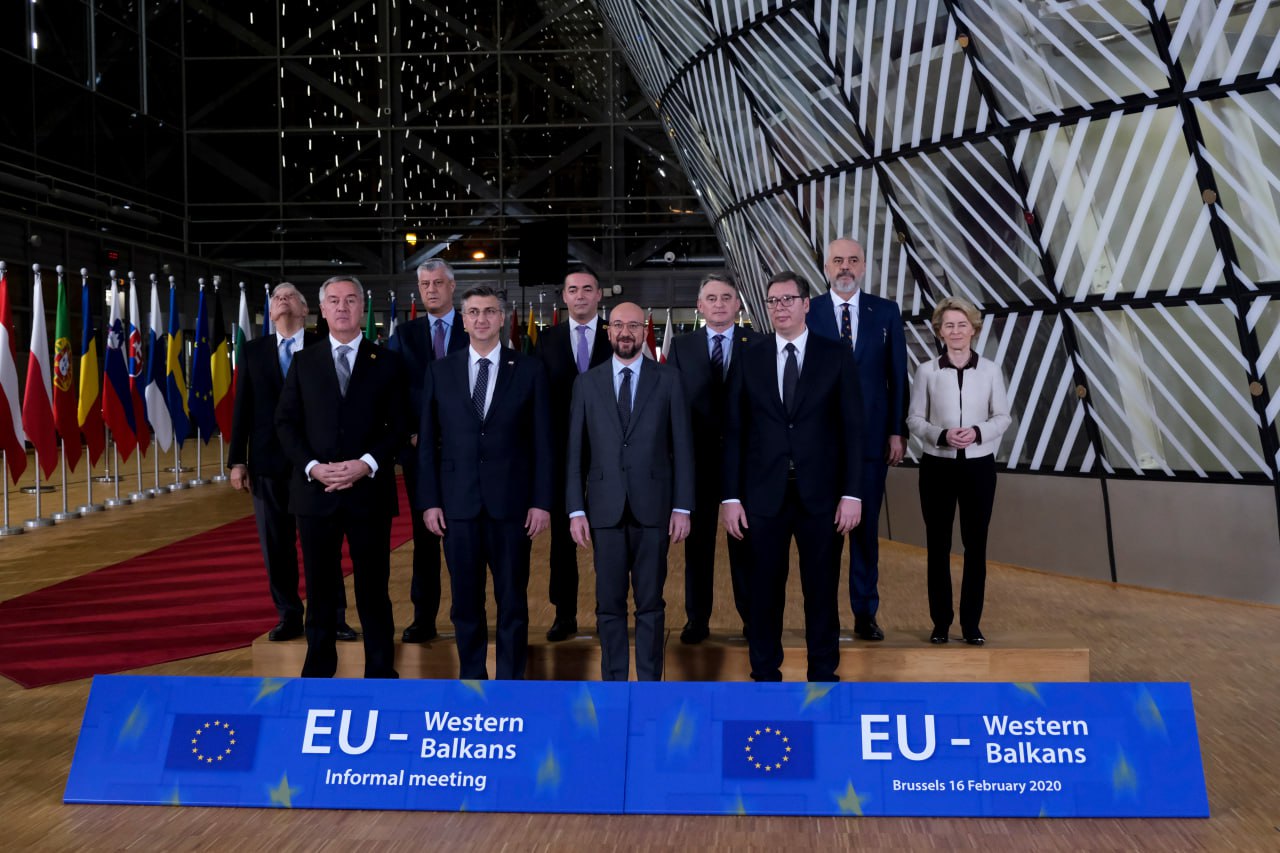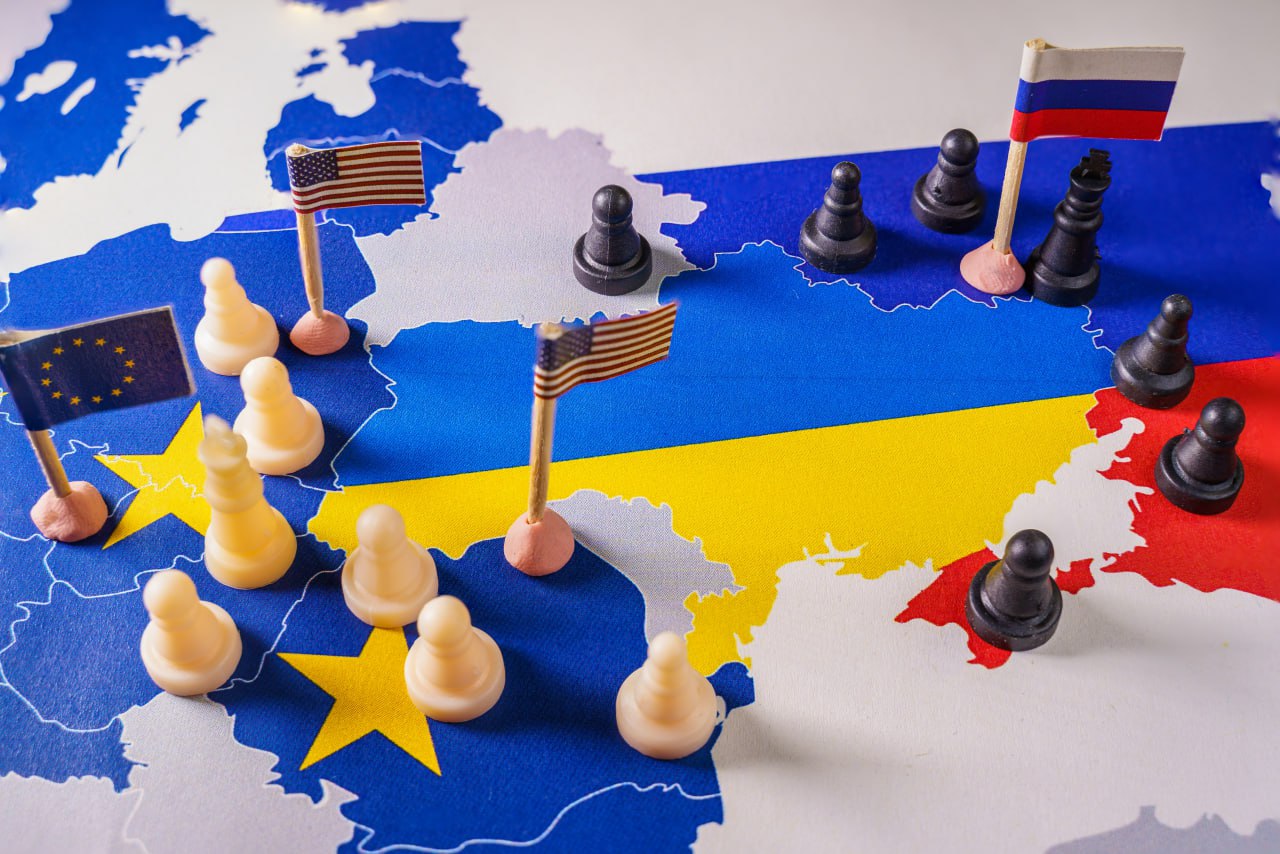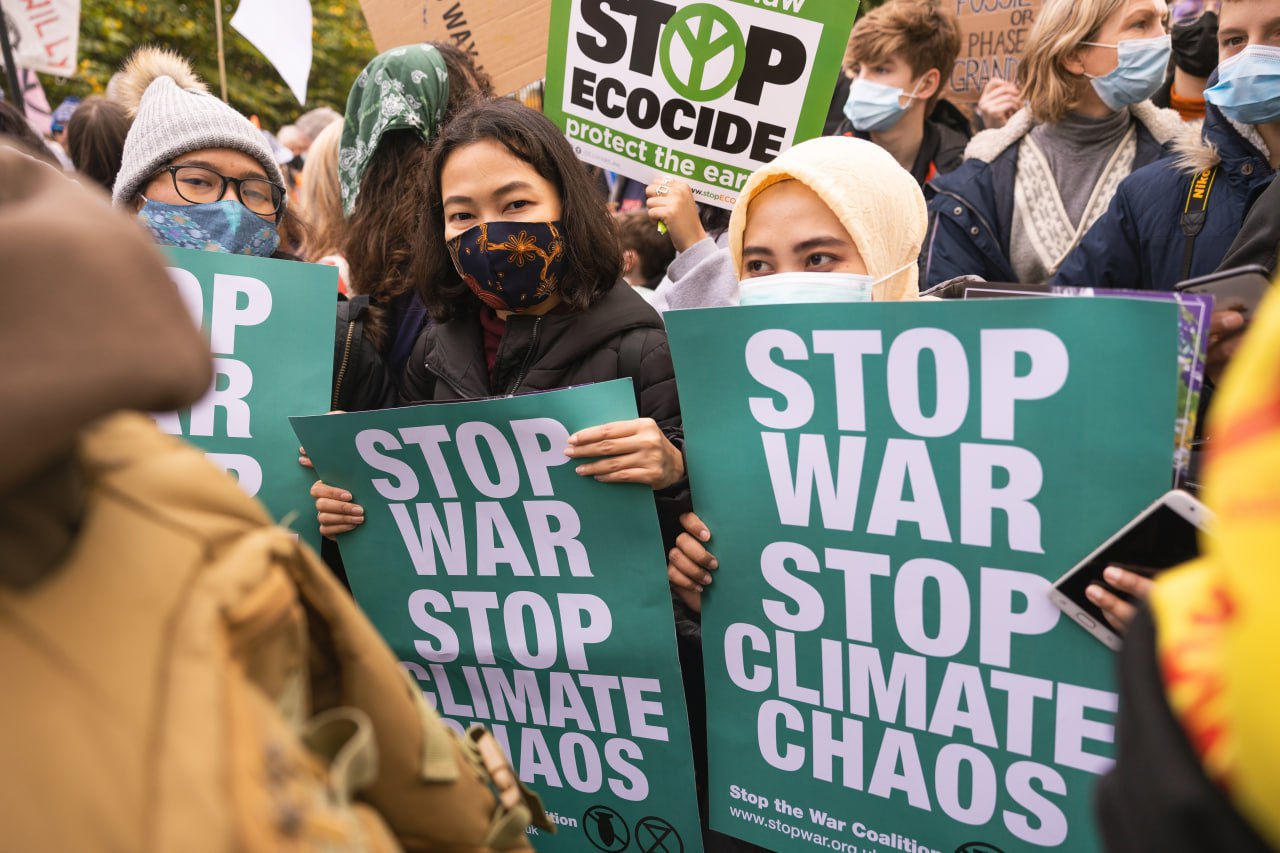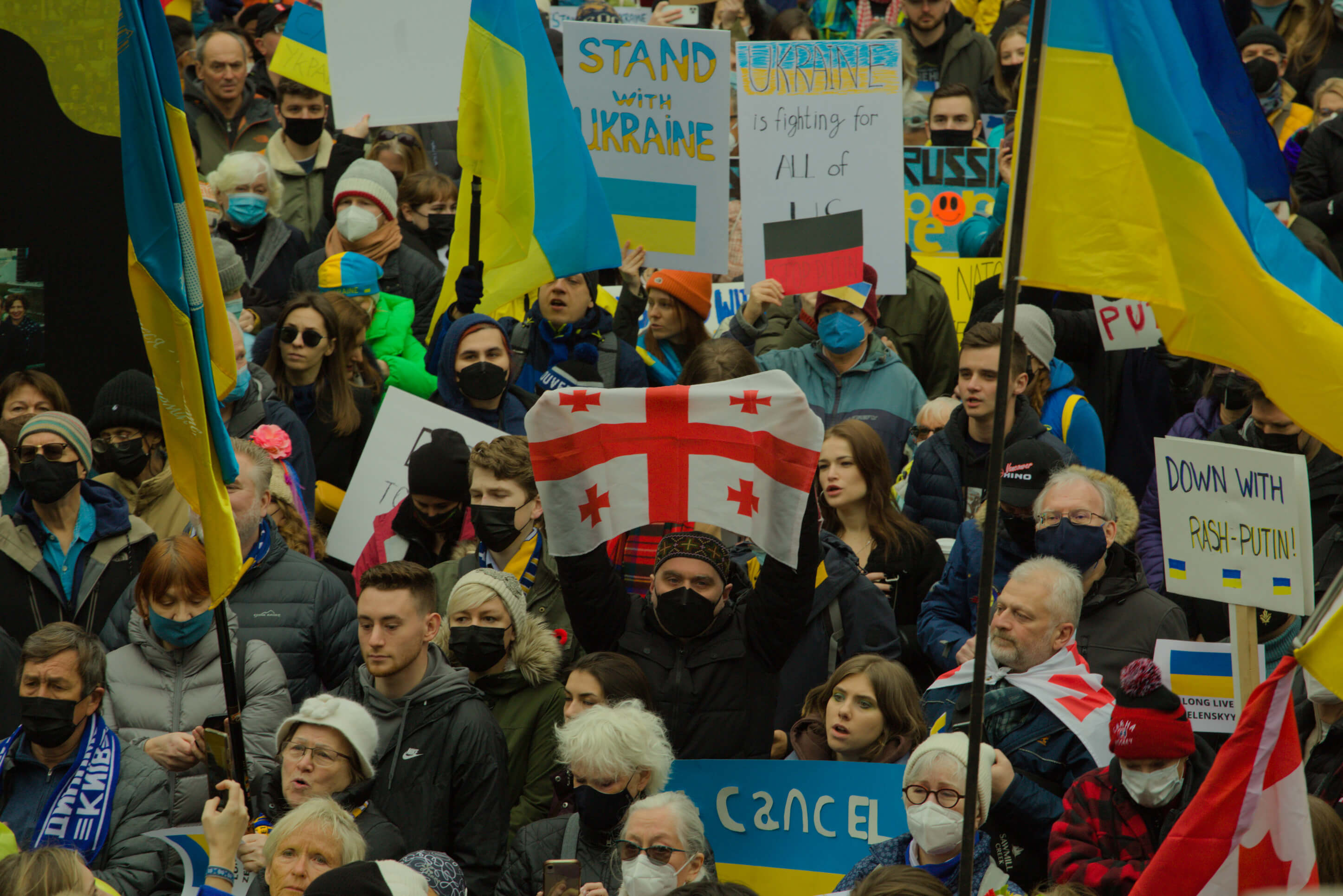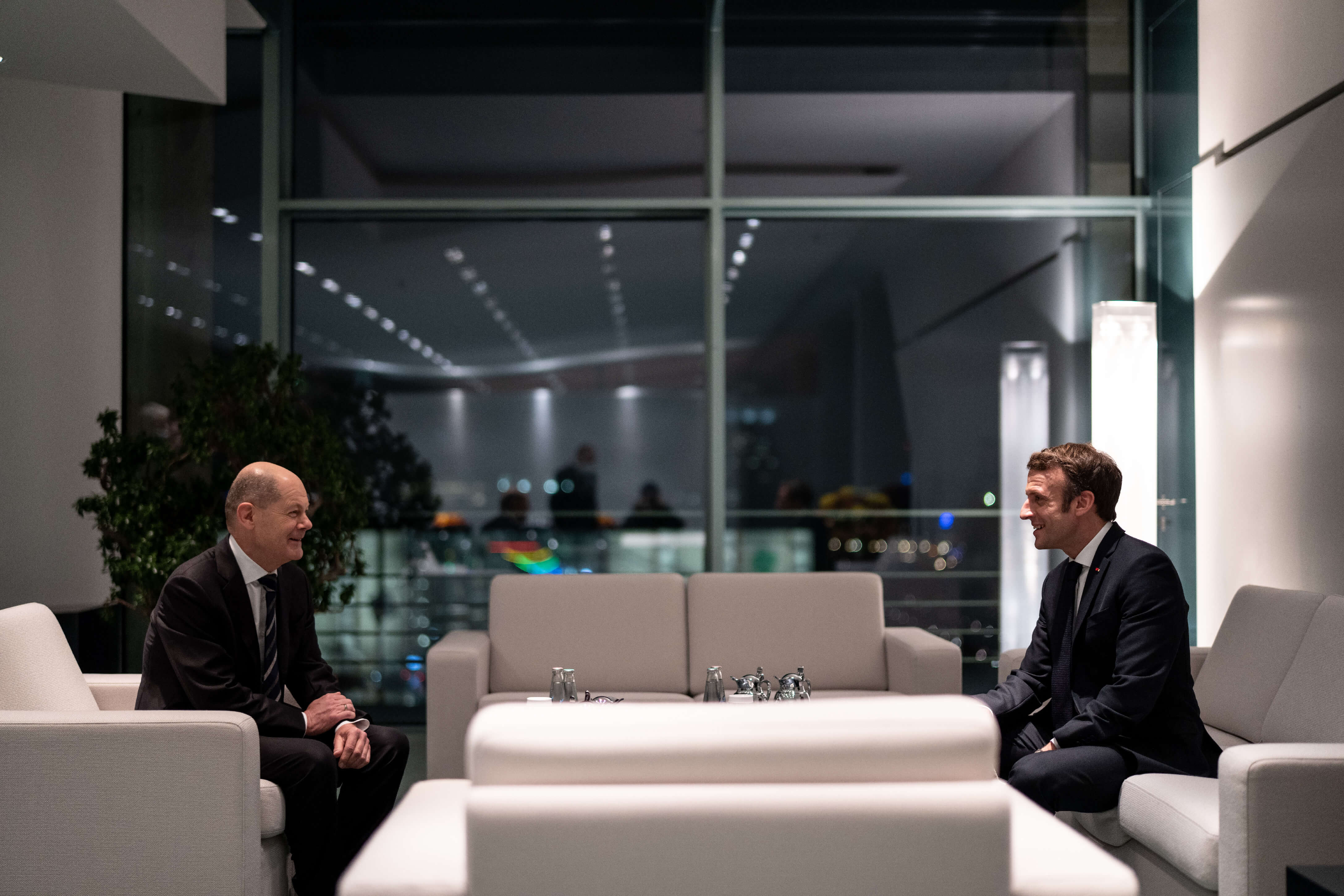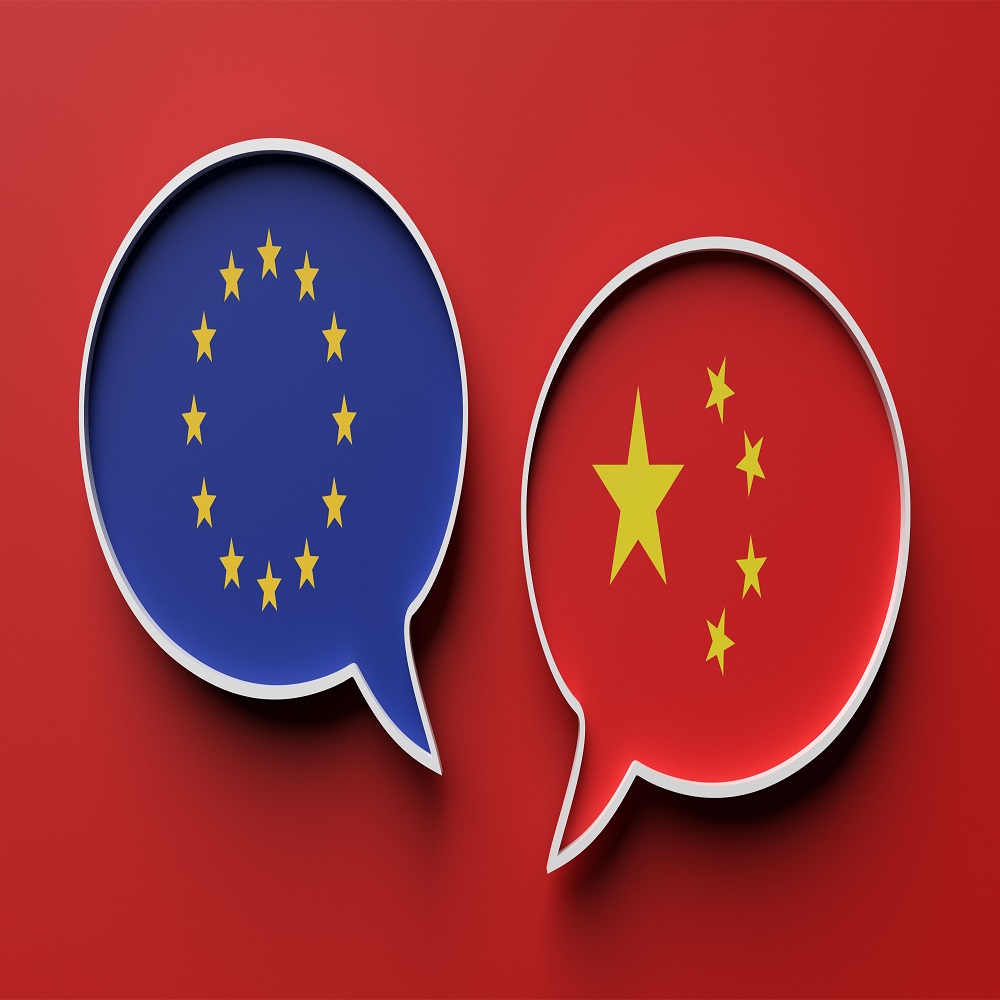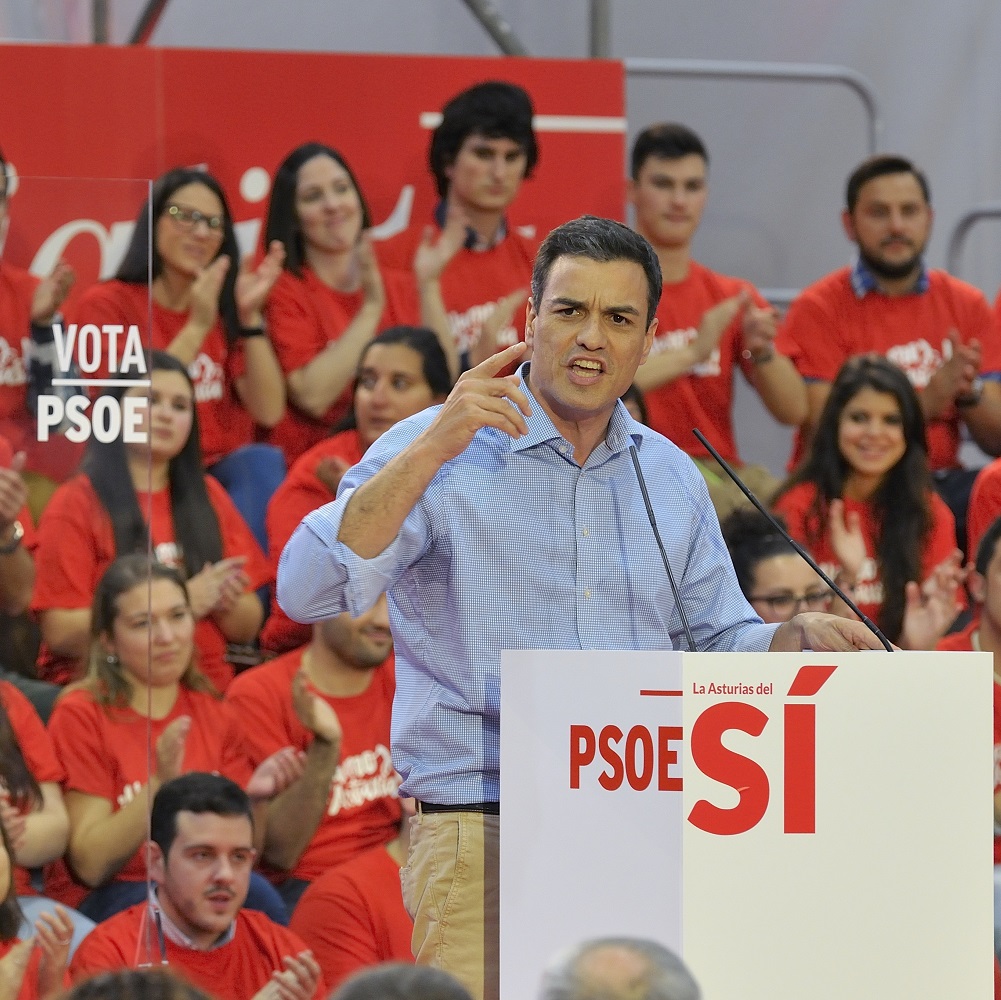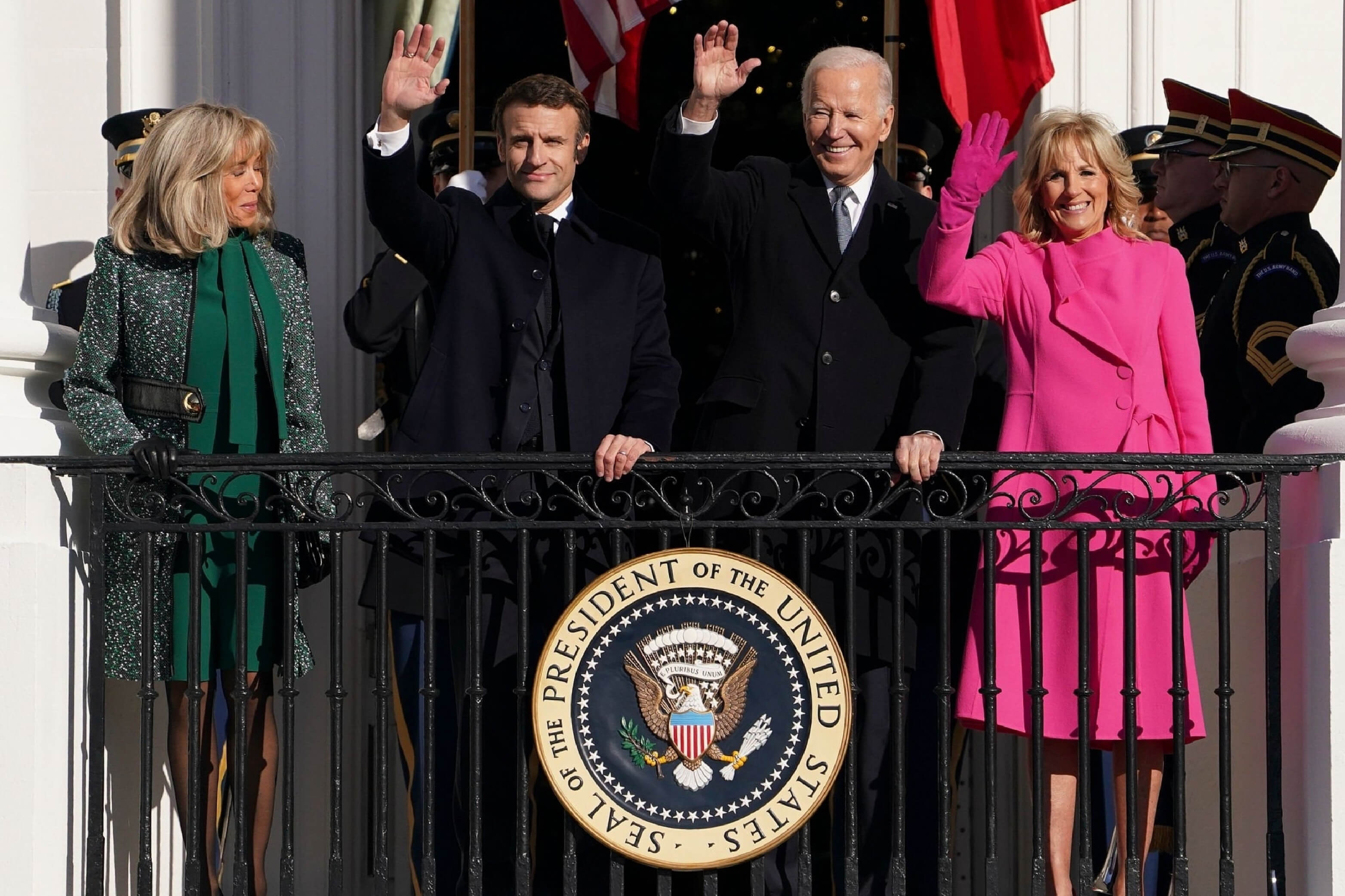Georgia’s Quiet Withdrawal From the West
by Eerik-Niiles Kross
In the same way that it is difficult to say whether a single event in the last few decades marks Russia’s decisive breaking away from democratic path of development, it is difficult to say the same about the events of the last decade in Georgia. Nevertheless, this breaking away has taken place, although Estonia, the European Union, the United States, all Georgia’s Western friends have made powerless attempts to keep Georgia on track.Many observers think the turning point was July 2021, when Georgian Dream, the political party that has been in power since 2012, and is controlled by oligarch Bidzina Ivanishvili, unilaterally revoked an agreement with the opposition on Georgia’s political organisation and the future development of its governance.This agreement was signed on 19 April 2021. It was mediated by the European Union, represented by President of the European Council Charles Michel during the last stage of the negotiations, and the Ambassador of the USA in Tbilisi. The agreement provided for ending the opposition’s boycott of the parliament (the opposition had been boycotting the work of the parliament since the parliamentary elections held in October 2020, because they considered the elections dishonest), releasing of important political prisoners (like Chairman of the United National Movement Nika Melia), strengthening the role of opposition in the parliament, judicial reform, pausing the appointments to the Supreme Court until elections, and election reform, including (partial) depoliticisation of the Central Election Commission.Although part of the opposition did not join the agreement, the EU considered it an important step in saving Georgia’s democracy. Charles Michel said at the signing ceremony, “This agreement is the starting point for your work towards consolidating Georgia’s democracy and taking Georgia forward on its Euro-Atlantic future.”Georgia’s ‘Yanukovych moment’On 28 July 2021, the Georgian Dream announced that they would unilaterally leave the agreement, accusing the opposition of the situation. Before that, the Government had appointed several judges to the Supreme Court in contravention of the 19 April agreement, earning the discontent of the EU and the Embassy of the US.A number of politicians saw the annulment of the agreement as Georgia’s “Yanukovych moment”, a turning point like the refusal to sign the EU association agreement by former Ukrainian President Viktor Yanukovych who chose to pursue the policy of Moscow. It is possible to see similarities here, but the blurring of Georgia’s course towards the West, the decline of Georgia’s success story began much earlier. Actually, by July 2021, the relations between Europe and the Government of Georgia had been worsening for years. Although Europe did not want to admit it, and does not want to admit it up to now, the beginning of Georgia’s big troubles is connected with the coming to power of Bidzina Ivanishvili at the elections of 2011. This in its turn is directly connected with the Russian-Georgian war of 2008 and the course chosen by the West for resolving the post-conflict situation.As we remember, the ceasefire agreement between Russia and Georgia in August 2008 was mediated by the then President of France Nicolas Sarkozy. A six-point peace plan was signed, where Russians committed to withdraw all their armed forces to the positions held before 8 August, to allow international monitoring of the region, to grant access to humanitarian aid, and to open international discussions on the modalities of security and stability of South Ossetia and Abkhazia. In reality, the commitment to return armed forces to their usual quarters was met only by Georgia. Instead, a few weeks later Russia recognised the “independence” of South Ossetia and Abkhazia.Understandably, the dominating interest of the West was to pacify, to “diffuse” the conflict – even Sarkozy’s ceasefire agreement was called a plan to diffuse the conflict in official EU documents. And with this, diffusing of Georgia’s democracy began.Although Europe did not want to admit it, and does not want to admit it up to now, the beginning of Georgia’s big troubles is connected with the coming to power of Bidzina Ivanishvili at the elections of 2011.Russia’s military objectives in Georgia were about security policy as much as domestic policy: reversing Georgia’s course towards the West, ending Georgia’s aspirations to NATO membership, and bringing about a government in Georgia that would be more or less in line with Russia’s interests. In the opinion of the majority of the great powers, it seemed to be in the interests of the West to have a Georgia that would not cause a new conflict with Russia. Since the government of Mikheil Saakashvili (President in 2004–2013) had no intention of changing the country’s NATO course or of seeking a compromise with Russia on the issue of Georgia’s sovereignty, the result was a situation in which Saakashvili was controversially in the way of both Western peacemakers and Vladimir Putin.With the wisdom we have today, many have admitted that the West’s weak reaction to the annexation of Crimea encouraged Putin to take the next steps. Less has been spoken about the even weaker reaction to Russia’s invasion against Georgia.In the summer of 2008, too, the Russian escalation was visible to Western intelligence services: aggressive rhetoric, Putin’s threats in Munich and Bucharest in spring 2008 (“We’ll do you Kosovo”), troop build-up, and so on. Yet the main interest of the West in the aftermath of the war, about which Georgia repeatedly warned in the summer of 2008, was to calm down the situation and Saakashvili and save the face of the Russians, i.e., not to blame them.An example of this policy is the so-called Tagliavini Report, commissioned by the European Union, which had to analyse the causes of the war and assess the responsibility of the parties. The Report found that both sides were guilty, Georgia should not have “started” and Russia “overreacted”. In the background, there was the dissolution process usual at the time, where Brussels said to the Georgian government something like this: put up with this report, we can’t make Putin angry and we have to blame you a bit, but you can get four billion in aid from us and we’ll go on being friends.Mistakes of the WestIn March 2009, Barack Obama’s administration announced a “reset policy” in the US-Russia relations. In other words, seven months after an act of aggression against a sovereign state, in which part of the blame was placed on the victim of the aggression to pacify the aggressor, Washington gave a signal to Moscow that all was forgotten, or at least forgettable. And forgivable.At a post-war meeting between Russia and the United States, where the conflicts between the two countries were discussed, the final communiqué contained a point that the only serious disagreement was the issue of Georgia. Tbilisi was happy with it, not realising that the reset policy in the US-Russia relations is more important than the security interests of a small country.Ivanishvili’s rise to power in Georgia belongs, at least contextually, to the policy of reset and saving of Putin’s face. In 2011, the Russian reputation makers, and possibly the US ones too, had so successfully spread the tales about Saakashvili’s madness, the Germans and the French were so “tired” of Saakashvili’s aggressiveness, that everyone – Washington, Brussels and Moscow – breathed a sigh of relief when “that madman” lost the elections. When Urmas Reinsalu, who was the Minister of Defence of Estonia at the time, drew attention to Ivanishvili’s Russian connections in the Wall Street Journal, it caused a widespread outrage in both the US and Estonian foreign ministries.Distancing from the Western orbitSince the defeat of the Saakashvili’s government in the elections of 2011, Georgia has been ruled by in the style of oligarchic party government for, to put it simply, two periods. In the first period, which lasted until around the 2018 presidential elections, at some levels until Joe Biden was elected US President in 2020, the Georgian Dream was at least formally pro-Western, kept NATO and the EU course, and the relations with Russia were cool on the surface. At the same time, several important steps were taken that did not bring about any special setbacks in Brussels, but were most probably welcomed in Moscow.Already in 2012, the systematic harassment, imprisonment and driving to exile of Saakashvili-era politicians began. The West found that it had to be tolerated to a certain extent. Most of Russia’s agents were released from prison. Visa freedom with Russia was restored, and it was done unilaterally. It is in force also now – all who have Russian passport can go to Georgia without a visa for a year.From election to election, the use of taxpayers’ money in the campaign of the ruling party became more dominant; essentially, the Georgian voter has had no real opportunity for free elections since 2011. Formally it is possible, but due to the biased media picture, massive pushing from the authorities and sometimes also physical harassment of the opposition, it is in fact impossible.Seven months after an act of aggression against a sovereign state, in which part of the blame was placed on the victim of the aggression to pacify the aggressor, Washington gave a signal to Moscow that all was forgotten, or at least forgettable.Ivanishvili’s clan also started taking over the economy. Initially, this was seen as almost inevitable; under Saakashvili, too, the government had its favourites, and when they were pushed aside, the majority of the voters really had nothing against it.Georgia’s quiet distancing from the Western orbit became more apparent in 2014. The reactions of the government of Georgia to the annexation of Crimea and Russia’s aggression in Donbass were extremely reserved. There were no contacts between Kyiv and Tbilisi, while the whole East Europe, Georgia’s old friends were doing all they could to support Ukraine. The first phone call between Prime Minister of Georgia Bidzina Ivanishvili and President of Ukraine Petro Poroshenko after the annexation of Crimea took place in 2015, when Ivanishvili demanded the extradition of Saakashvili, who was working as an adviser to the Ukrainian government, to Georgia.Ukraine and Georgia essentially parted ways from 2014. The former tandem, who tried to get into NATO together and were mentioned in the final document of the Bucharest Summit in 2008, have since then been in somewhat different camps at official level. At the same time, a number of the Saakashvili-era Georgian officials have found employment at the Ukrainian government, working in the areas of law enforcement, anti-corruption and judicial reform. Since 2014, an entire unit of Georgian volunteers has been fighting in Ukraine, and it was on the basis of the Georgian Legion that the Ukrainian International Legion was created in February this year. At the same time, since the beginning of the new phase of the war, the Georgian government has prevented Georgian volunteers from going to war in Ukraine.Ivanishvili as the grey cardinalThe internal political situation that prevailed in Georgia after transition of power in 2011 changed at the beginning of 2021 at the latest. Maybe the historians will one day find out what exactly caused this change. Probably, it came about due to both domestic and foreign policy factors.On the one hand, the domestic political situation had been becoming increasingly tense, the opposition was increasingly critical. The opposition does not recognise the results of the parliamentary elections of October 2021, and since then, part of the opposition has been boycotting the parliament.Europe was increasingly dissatisfied with the stalling of reforms, and the government may have felt that a heavier hand was needed to stay in power. At the same time, after Joe Biden’s election victory, Putin probably began to actively prepare for war in Ukraine as well as to neutralise potential opponents of war from neighbouring countries.2021 began with Ivanishvili’s declaration that he was resigning from politics. Formally, he has not held any political office since then, but no one who knows Georgia seems to think that he does not continue to control the country.Decline of Georgian democracyWith the resignation of Prime Minister Giorgi Gakharia in February 2021, a new and significantly more aggressive period began in Georgia. Gakharia, who has now also left the Georgian Dream to form his own political party, ostensibly resigned because he did not agree with the decision of the Georgian Dream to jail opposition leader and chairman of the United National Movement Nika Melia. Ivanishvili, who formally is not involved in politics, replaced Gakharia with his old ally and confidant Irakli Garibashvili. Garibashvili was the Prime Minister also in 2013–2015, but resigned due to his extreme unpopularity both in Georgia and in the West.Melia was sent to prison; in May 2021, the principal owner and head of the opposition-minded Mtavari TV Nika Gvaramia was also jailed. The founder of this TV channel and opposition politician Giorgi Rurua was already waiting for him there. Since then, the decline of Georgian democracy has become faster. The government is imposing control over the judiciary and constitutionally independent institutions (such as the national ombudsman and the election commission), the special services are taping opposition politicians and journalists and publishing the tapes selectively in the media, the government is harassing civil society.Georgia has officially taken the position that it will stay out of the war and accuses the USA of trying to draw Georgia into the war against Russia.Rapid deterioration of relations with the European Union began, culminating in the withdrawal from the so-called Michel’s agreement. The government also began to condemn openly, aggressively and offensively the restrained criticism of Georgia by both Europe and the USA. When the European Union announced after July 2021 that Georgia would no longer qualify for a loan meant for judicial reform, the Prime Minister of Georgia said that Georgia would refuse the loan and was not interested in criticism from Europeans. “But who exactly is the European Union?” asked the Minister of Defence of Georgia when a journalist interviewed him about the EU’s criticism towards the government of Georgia in September 2021. In the summer of 2021, it was found that the Georgian secret services had secretly also recorded the phone calls of Western diplomats. The representative of the Georgian government called the outrage expressed over this “overstepping the boundaries of the Vienna Convention”.The future will be decided in UkraineAfter 24 February 2022, the situation has changed for the worse. Georgia has officially taken the position that it will stay out of the war and accuses the USA of trying to draw Georgia into the war against Russia. There is a nearly constant public and hostile exchange of words between the US ambassador and the representatives of government and parliamentarians of Georgia.On the other hand, at the beginning of the war, Russia lifted several sanctions on Georgian agricultural products. Business between Russia and Georgia is thriving: Georgian goods are flowing to Russia and Georgian ports service Russian goods. According to Transparency International, more than 6000 companies with Russian owners have been registered in Georgia since the beginning of the war in Ukraine. Recently, a group of Ukrainian parliamentarians accused Georgia of helping Russia evade sanctions. In June, an adviser to Ukrainian President Volodymyr Zelenskyy made a proposal to the US Congress to impose sanctions on Ivanishvili for violating the policy of sanctions against Russia.With such a policy, the government of Georgia has probably lost quite a lot of its already low support among the Georgian voters. Public support for Ukraine is general among Georgians, and the biggest demonstrations held this year have been against the war.The European Union took its first bold step in June, when the Summit decided to grant the status of candidate country to Ukraine and Moldova, but not to Georgia. The government’s criticism of Europe in reaction to this decision most probably did not convince the Georgians. An absolute majority of the Georgian people still support the accession to both the EU and NATO.










